Will the efficiency level of the motor change after it has been used for a long time?
Motor application effect is a problem that both motor manufacturers and users must pay attention to. Efficiency level is a matter of great concern to everyone at present. For example, mandatory national standards such as GB18613, GB30253 and GB30254 stipulate the efficiency values of motors with different efficiency levels, and at the same time limit the minimum limit requirements that the efficiency of the motor must meet.
A netizen suggested that the efficiency level of the motor he originally purchased was level 2, but why it turned into level 3 after using it for several years. Could it be that the efficiency of the motor will deteriorate after a long time?
For the same motor, if it is evaluated according to different standards, it is very likely that there will be inconsistent conclusions. The most typical one is the GB18613 standard, which has been revised many times. After the standard is revised, the same efficiency value will correspond to different energy efficiency levels, especially the standard value corresponding to the energy efficiency limit value. When the efficiency value specified in the standard increases, The original Level 3 energy-efficiency motor will be a non-standard motor product after the revision of the standard. Similarly, the energy efficiency level corresponding to the original energy-saving motor level will also drop.

For the motor body, whether the efficiency value will change during its operation is directly related to the actual operation of the motor: (1) The load rate matched by the motor directly affects the efficiency level of the motor. When the motor is in a light-load state that deviates from the rated load , its efficiency level will deteriorate. (2) When the mechanical performance of the motor deteriorates, it will also affect the overall efficiency level. For example, unexpected mechanical friction of the motor, changes in the fan of the motor, and deterioration of the lubrication system of the motor will also lead to the efficiency level of the motor. changes to varying degrees. (3) When the insulation of the motor winding is aging and the temperature rise of the motor winding increases due to various reasons, the increase in copper loss has a greater impact on the efficiency of the motor. (4) When the motor winding is repaired, especially by burning the iron core to take out the original winding process, the effect of the increase in current and the deterioration of efficiency due to the deterioration of the magnetic properties of the iron core is also more obvious.
Therefore, there are many factors that affect the efficiency of the motor, and the specific evaluation should be carried out objectively in combination with the actual situation.



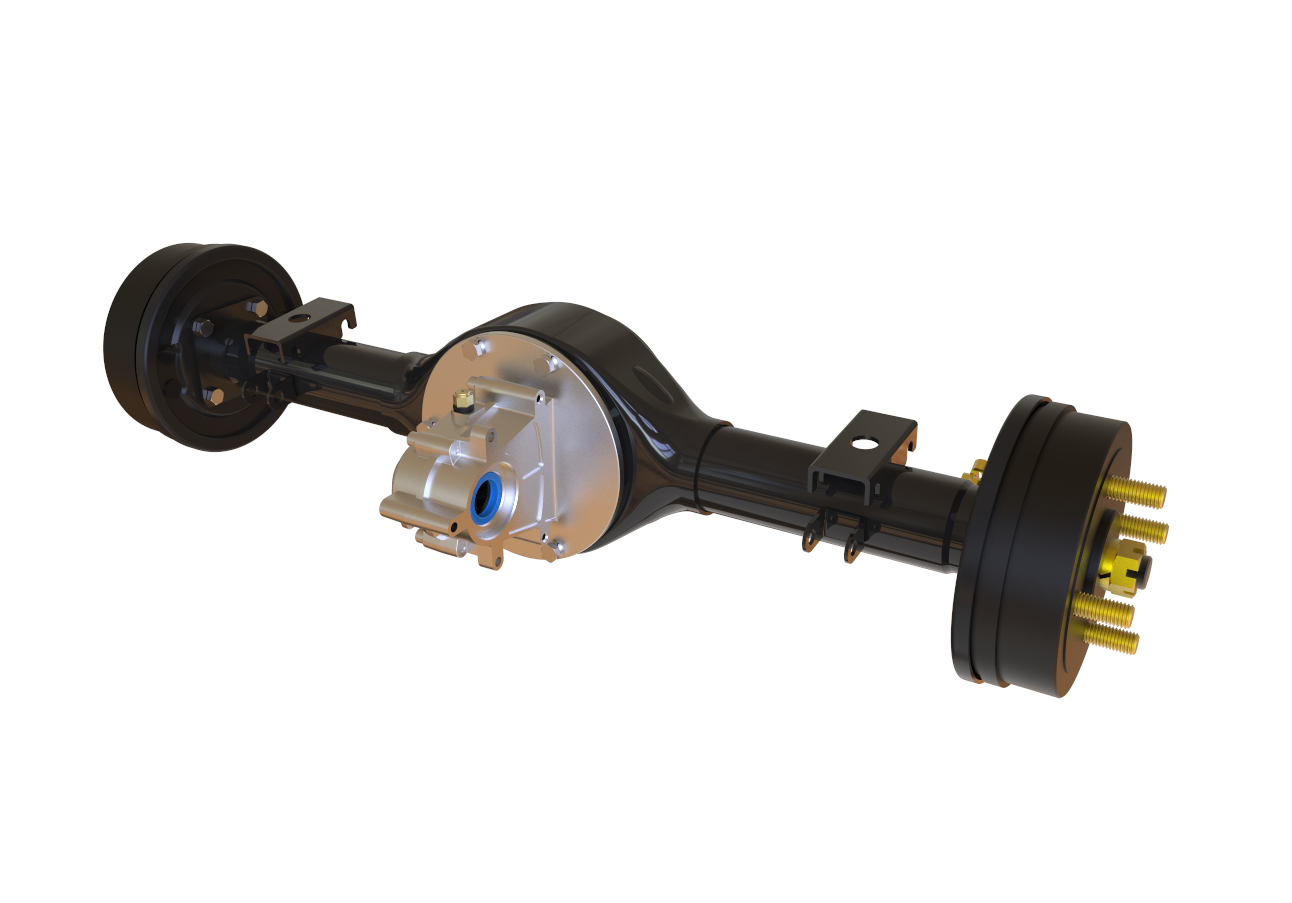
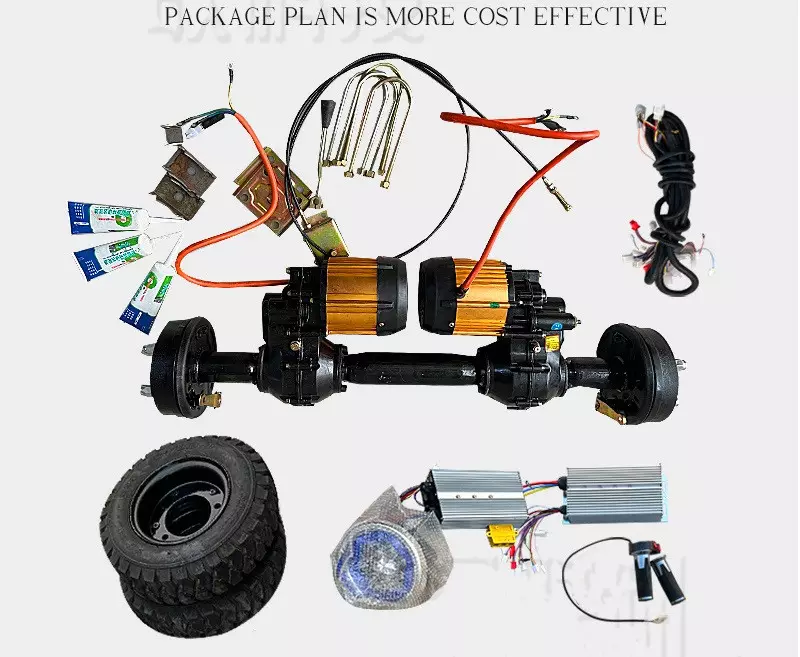

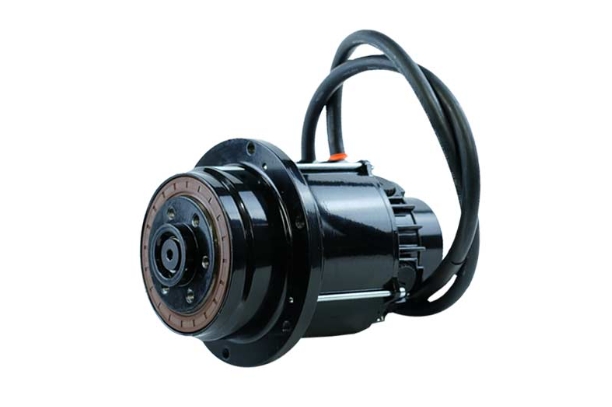
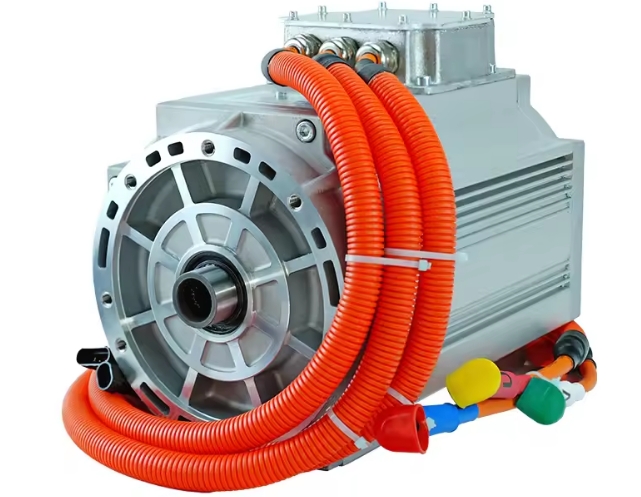
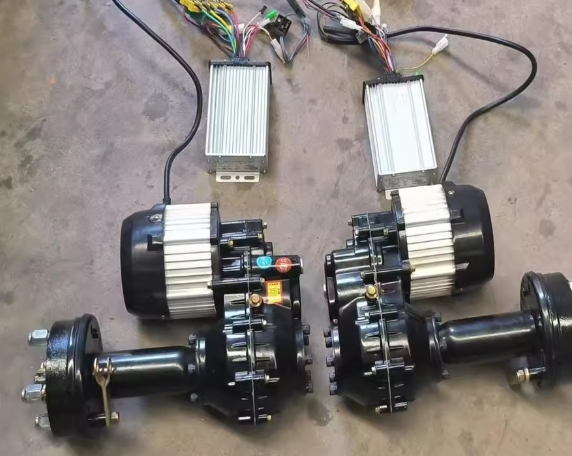
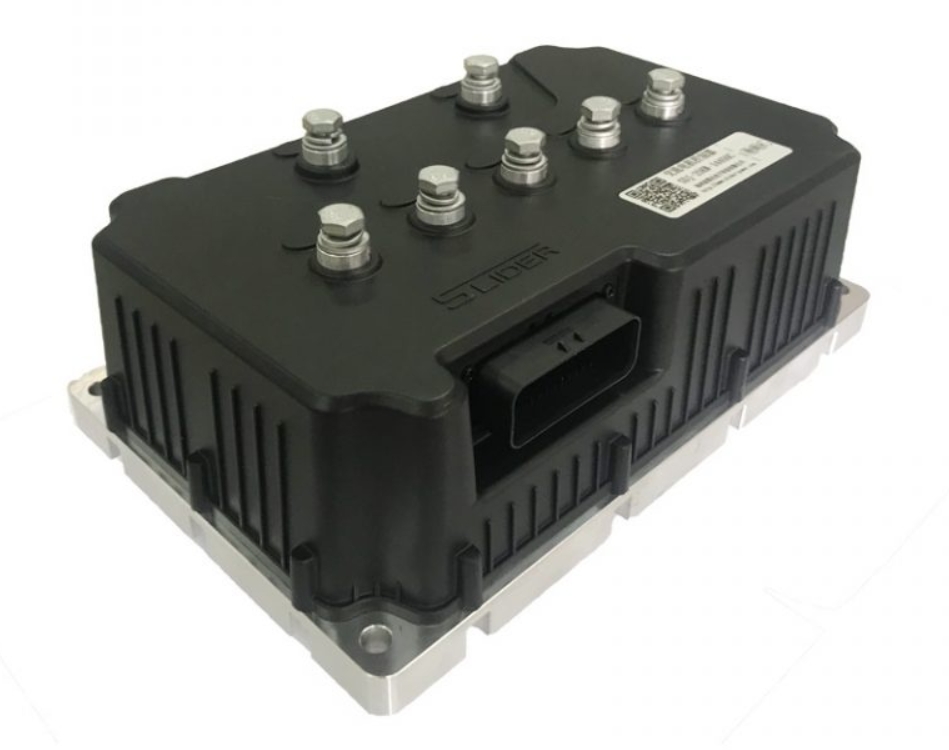

















 XINDA
XINDA